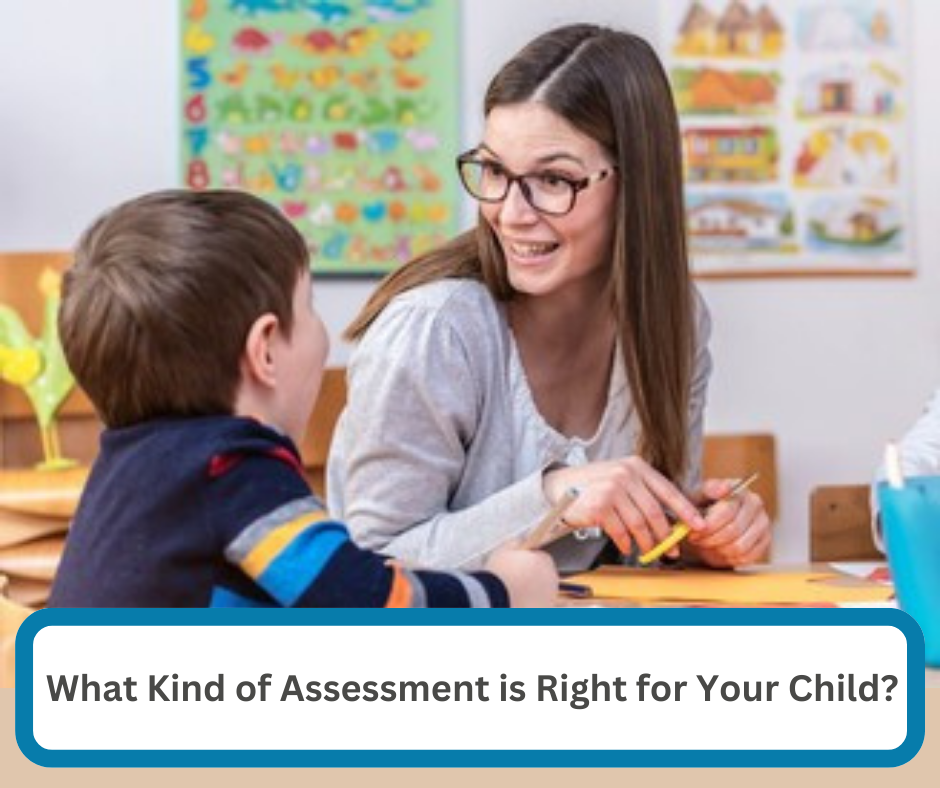
By Mariela Vargas-Irwin, PSYD, BCBA-D, LABA, Executive Director of ABLS
Every day was hard with 5-year-old Tony. He would purposely find ways to annoy others and just did not seem to respond to consequences. The school tested him and said that there was nothing wrong; in fact, they said he was gifted.
Another child, Latoya, was never the same after being in a car accident. She cried all night and refused to get into any car. She also seemed to be unable to play with any of her previously preferred toys for long and had frequent tantrums.
Then there was 10-year-old Maria, who didn’t seem to be making any progress at school. She had an intellectual disability and her Individualized Education Program looked good on paper. However, she was becoming more aggressive each day and her language continued to be very limited.
Finally, Autumn, 2 years old, was in a fog. She stopped saying mama and dada, cried for no apparent reason, and ran in circles all the time.
Developmental and behavioral concerns about your children, such as those listed above, can be extremely distressing. Of course, you would do anything for your child!
But where to start?
What Tools Do I Need?
The first step is to consult your pediatrician. They will be able to rule out any possible medical problems and are more likely than a specialist to be able to see you quickly. Once a physical cause for your concerns is ruled out, your pediatrician will most likely refer you to a psychologist for an assessment. There are, however, several kinds of assessments that can be conducted.
A Comprehensive Diagnostic Assessment will include a cognitive and an adaptive assessment. It may include both norm-referenced assessments that compare children to others, as well as criterion-referenced tests that compare students to themselves. A Comprehensive Diagnostic assessment may result in a diagnosis such as Autism or Attention Deficit Hyperactivity Disorder.
The psychologist or a behavior analyst may also perform a Functional Behavior Assessment. A Functional Behavior Assessment examines the functions of the behavior via direct and indirect methods helping guide the development of a Behavior Support Plan.
Another type of assessment that may be helpful is a Program Assessment. A Program Assessment includes a visit to your child’s school to determine whether their needs are being met and their Individualized Education Program is being implemented properly.
Lastly, a Neuropsychological Assessment examines executive functioning skills, attention, and memory, in addition to cognitive and adaptive skills.
How Would Assessments Help My Child?
To speak to the above examples, Tony would need a Comprehensive Diagnostic Assessment and a Functional Assessment to ascertain the function of his aggressive and disruptive behavior. The fact that he is gifted intellectually does not rule out that he may be struggling with Attention Deficit Disorder with Hyperactivity, Autism, or Post Traumatic Stress Disorder.
Latoya would need a neuropsychological assessment that will examine executive functions, language, and attention to ascertain the impact of the accident on her neuropsychological functions. Typically, a complete neuropsychological assessment is conducted immediately after the accident and then repeated every six months.
Meanwhile, Maria would require a Program Assessment to determine whether her school program is meeting her needs. This assessment should include a complete review of her progress reports in addition to a visit to her school. She may also need a Functional Assessment of her aggressive behavior at home.
Lastly, Autumn urgently needs a Comprehensive Diagnostic Assessment to rule out Autism. If she does have Autism, she will need intensive early behavior analytic intervention to be implemented as soon as possible so time is of the essence.
Whatever the assessment process holds for your learner, it is important that the instruments used are both reliable and valid, and ideally they would be able to be utilized to track progress over time. Every child is different; therefore, no assessment process will proceed identically.
About the Author
Dr. Mariela Vargas obtained her doctoral degree from Rutgers University, completed her internship at Boston Children’s Hospital, and pursued post-doctoral training at the Baker Children’s Center. She has over thirty years of experience working with children with autism and other developmental disorders with behavioral challenges. Dr. Vargas has worked as a home-based behavioral therapist, overseen home-based programs, designed training protocols for ABA therapists and supervisors, and consulted with families and schools. She was the second president of the Massachusetts Association for Behavior Analysis and has presented in numerous national and international Autism and ABA conferences. A licensed Psychologist and Board Certified Behavior Analyst, she is the founder and executive director of Applied Behavioral Learning Services (ABLS). Her interests include inclusion, psychometrics, social skills, and executive behavior.
